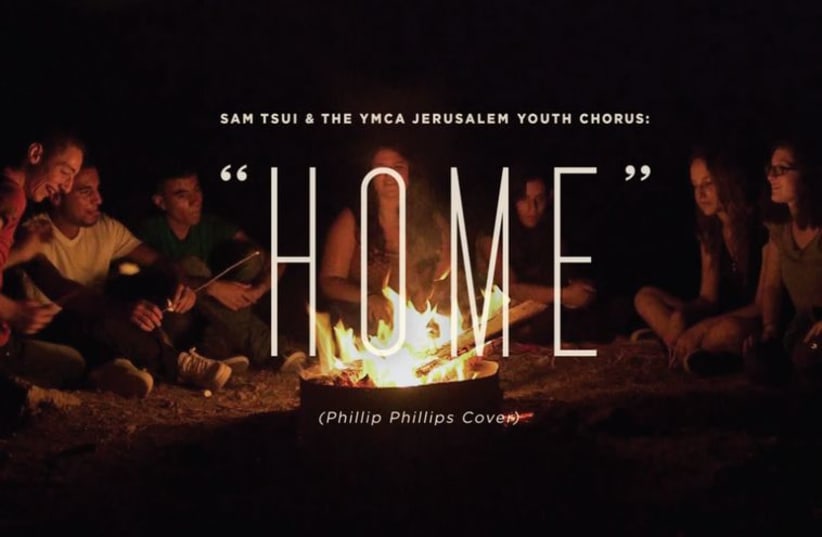This Normal Life: The most optimistic video about Israel and the Palestinians
Hendler first discovered the power of communal singing and coexistence as a teen camper with the Seeds for Peace organization, which brings Jews and Palestinians into dialogue.
